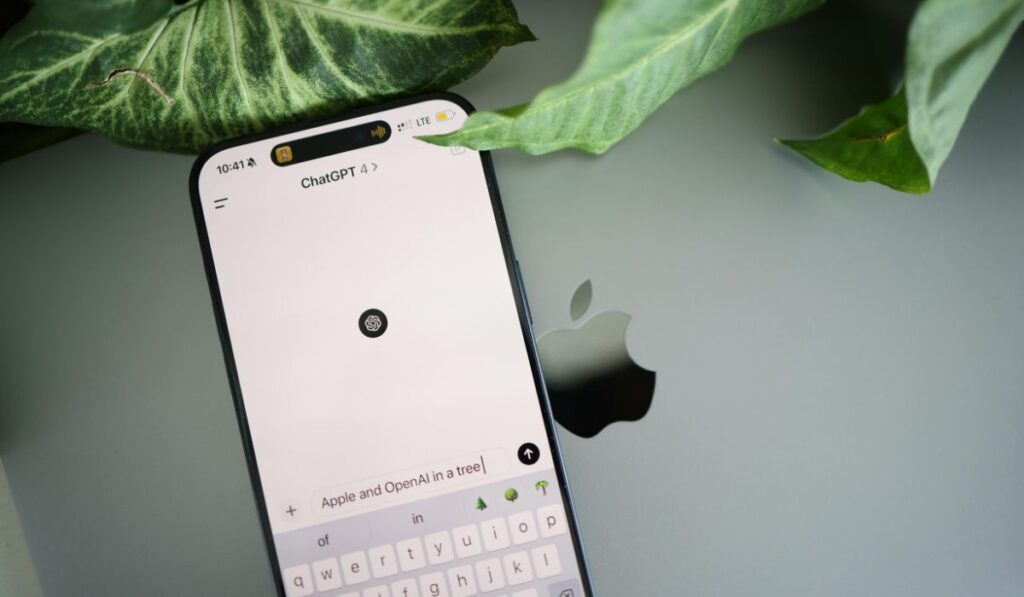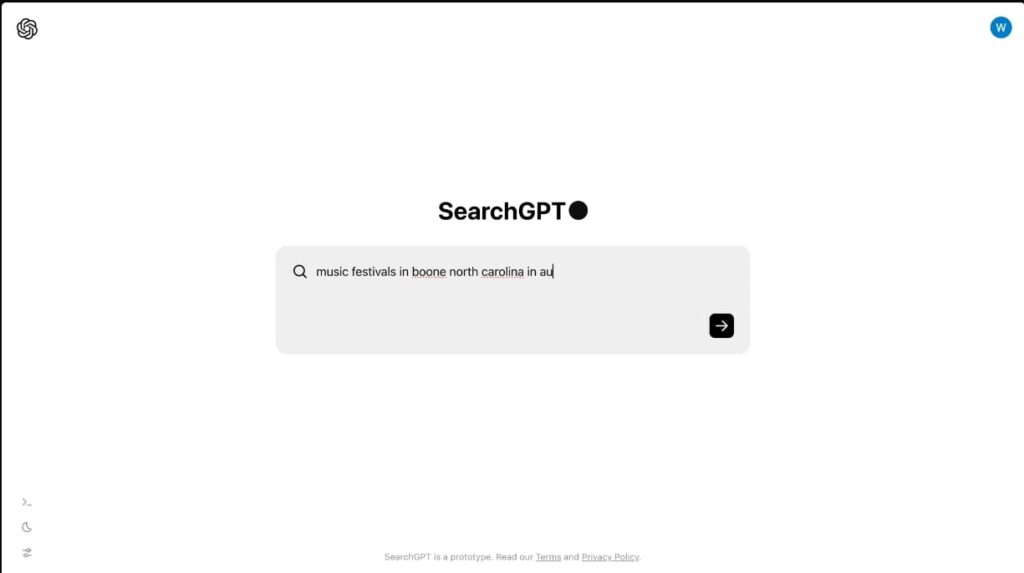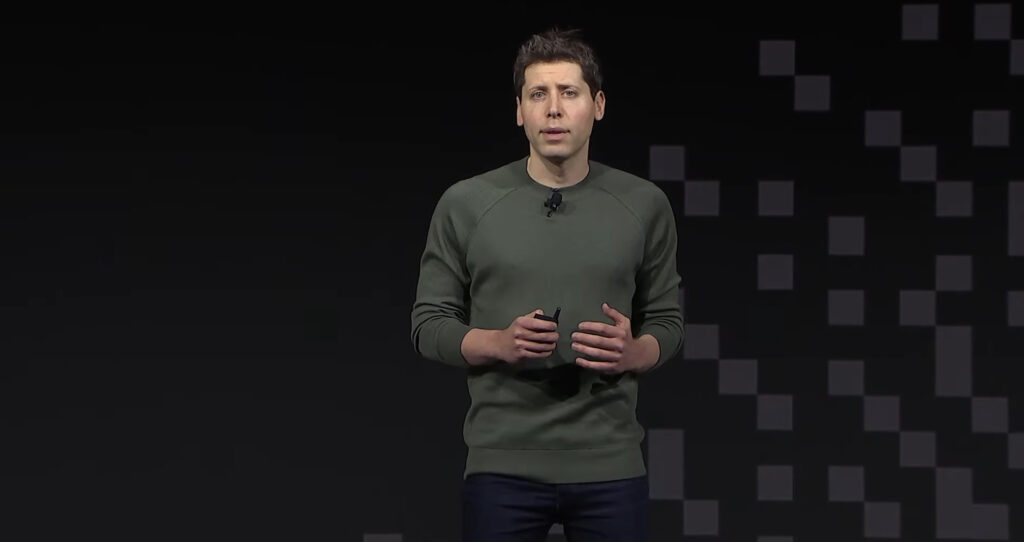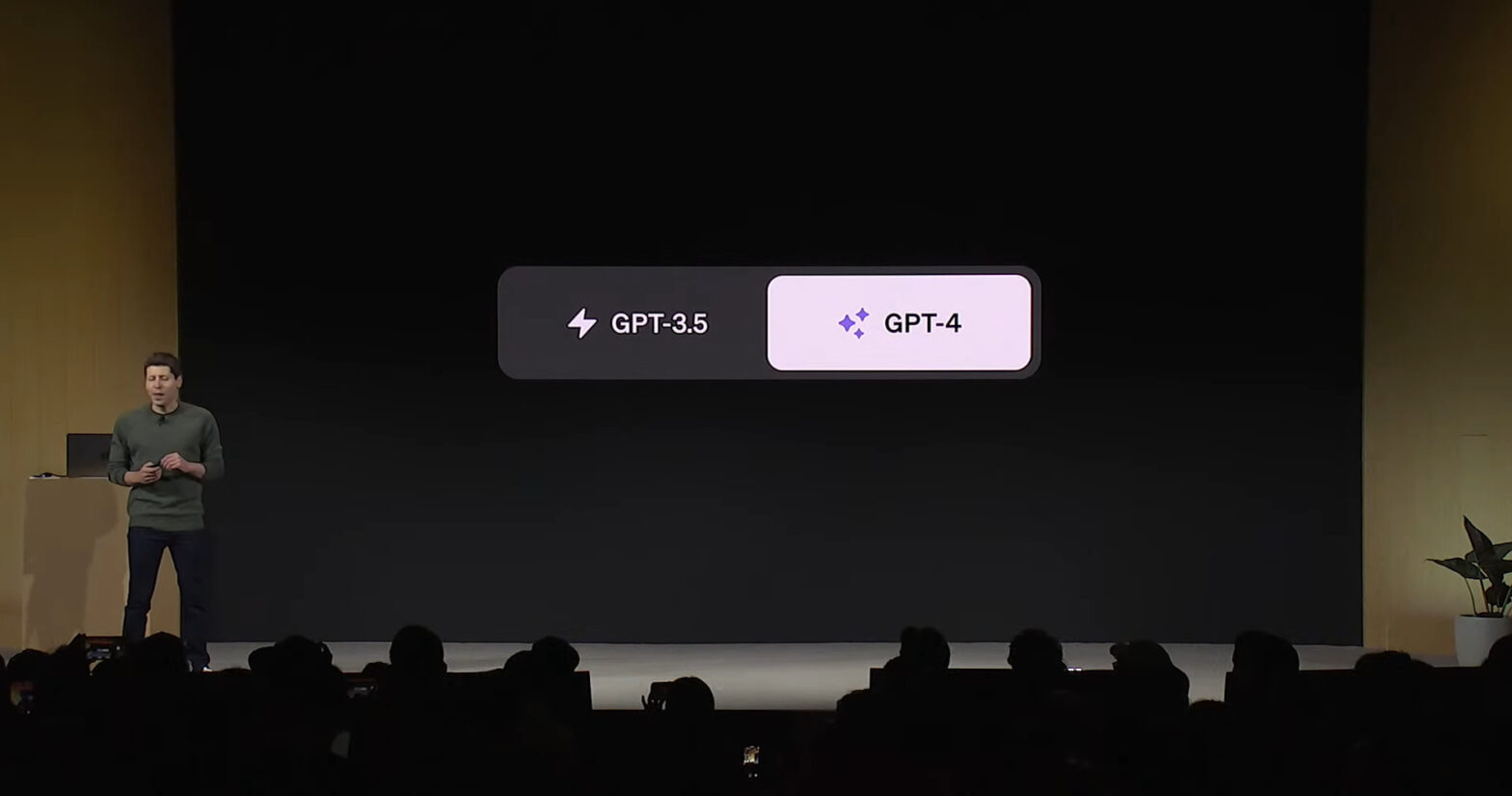OpenAI CEO Sam Altman recently disclosed during a Reddit “Ask Me Anything” (AMA) session that he occasionally used ChatGPT to assist in answering questions. This revelation highlights OpenAI’s evolution and brings fresh insights into the company’s challenges, future model releases, and new feature rollouts, such as the innovative ChatGPT Search.

Altman’s AMA took place against a backdrop of significant developments for OpenAI, which, as a pioneering force in artificial intelligence, faces escalating competition. The AMA was well-timed, given the anticipation around GPT-5, OpenAI’s next major model. According to Altman, however, GPT-5 won’t arrive this year. He cited the complexity of OpenAI’s models and the company’s current resource constraints. “All of these models have gotten quite complex, and we can’t ship as many things in parallel as we’d like,” Altman explained, noting OpenAI must make “hard decisions” about where to focus its computational power.

Beyond GPT-5, Altman discussed OpenAI’s latest feature, ChatGPT Search, which aims to compete with established search engines. Altman described ChatGPT Search as his “all-time favourite feature. ” It pulls in real-time information from sources like Bing to provide dynamic responses. Unlike traditional search engines, however, ChatGPT Search integrates with OpenAI’s language model, enabling seamless responses based on real-time data.
This feature points to OpenAI’s shift towards a more proprietary technology model—an approach that has drawn criticism from figures like Elon Musk, who has advocated for open-source AI. OpenAI, once an open-source organization, has since adopted a closed-source model, a change that has left it susceptible to scrutiny and competitive pressures from other AI-focused companies.
Despite these tensions, OpenAI continues to grow, recently securing $6.6 billion in funding, raising its valuation to $157 billion. Altman highlighted this as a positive step for OpenAI’s future. However, the company has faced internal challenges, including the recent departure of several key executives. OpenAI engineering VP Srinivas Narayanan addressed this during the AMA, acknowledging that while they were “sad to not have some of the people [they] worked with closely,” OpenAI has continued to attract talented newcomers. “And we keep shipping, which is important,” Narayanan added.
The AMA also served as a platform to outline several promising updates. While GPT-5 may be delayed, Altman assured Redditors that OpenAI has “some very good releases coming later this year,” hinting at advances in models like DALL-E, their generative image model, and Sora, a video model. Product Chief Kevin Weil noted that Sora still needs refinement, especially in areas like safety and impersonation prevention, while DALL-E remains without a specific release date. Altman assured users, however, that “the next update will be worth the wait.”
Among these planned releases, one of the most anticipated advancements is the development of autonomous “agents” that can independently perform tasks. This vision of agents represents a potential breakthrough, empowering users to assign complex tasks to AI, further solidifying OpenAI’s role in advancing autonomous capabilities in artificial intelligence.

Throughout the AMA, Altman fielded user questions about ChatGPT’s applications, noting the model’s success as an occasional “therapeutic” conversationalist. However, he reminded users that ChatGPT is not a replacement for professional therapy. Altman also discussed the potential implications of ChatGPT Search for SEO and content creators, as OpenAI explores how search results generated by AI may align with traditional search engines and user intent.















